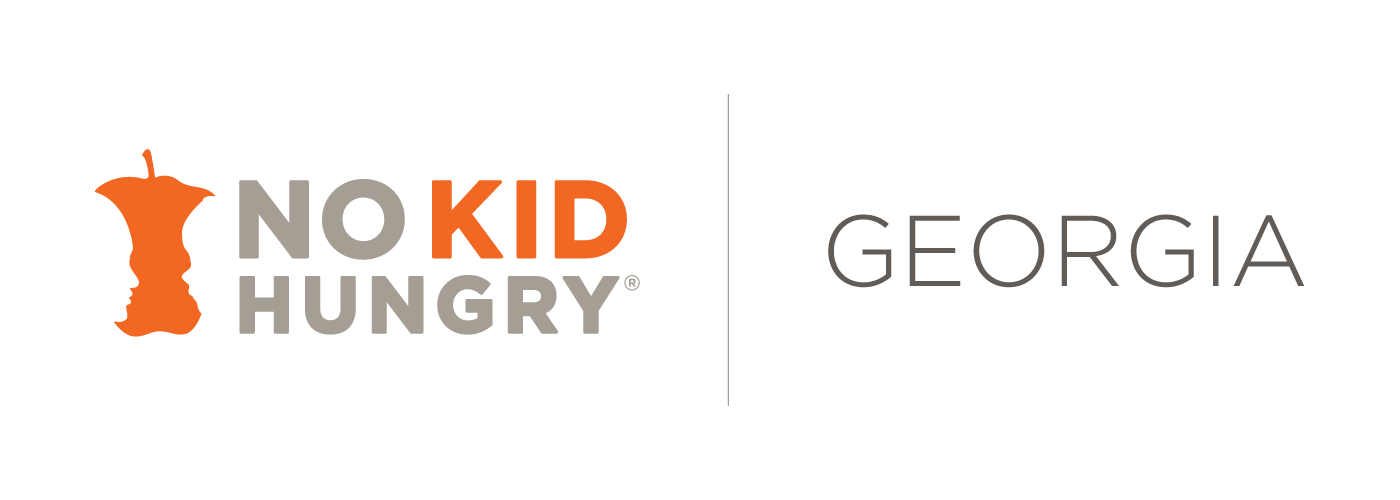
Happy National School Lunch Week!
Across Georgia, students, school nutrition professionals, and families are joining together to celebrate National School Lunch Week. Established in 1962, this annual event highlights the crucial role school lunches play in supporting children both inside and outside the classroom. But why is school lunch so important?
Research shows that school meals provide children with half of their daily energy intake, making them a key source of nutrition. School meals are also proven to be healthier than those brought from home or bought elsewhere—students who participate in school lunch programs tend to consume more fruits, vegetables, and milk. The National School Lunch Program (NSLP) is a powerful tool in the fight against food insecurity, which is directly linked to negative health and educational outcomes.
No Kid Hungry Georgia helps ensure that children receive the three daily meals they need to grow up healthy, happy, and strong by supporting school meal programs. These programs are essential to feeding children across the nation. Every day, more than 95,000 schools and institutions across the United States serve lunch to 28.6 million students, including:
- 19.0 million free lunches
- 1.1 million reduced-price lunches (where students pay $0.40)
- 8.5 million full-price lunches
- A total of 4.7 billion lunches are served annually through the NSLP.
The impact of the NSLP goes beyond nutrition. School meals foster a sense of community as kids eat with their peers and trusted adults, such as teachers and principals. These shared meals also promote equity by ensuring all students can focus on their studies and just enjoy being kids, regardless of their background.
School Meals Support Kids and Families
Free and reduced-price (FRP) meals can also ease the financial burden on families. To access these meals, families must submit an application through their child’s school. Many families are unaware that, in addition to meal benefits, FRP applications may unlock other resources, such as discounted internet services, housing assistance, and reduced college application fees. In some states, families who complete the FRP application may also qualify for Summer EBT benefits without needing to fill out another form.
This #NSLW24, we extend our gratitude to the school nutrition professionals, teachers, principals, and other dedicated individuals working to keep students nourished and ready to learn. Feeding children today is one of the best investments we can make to prepare them for tomorrow’s challenges.



